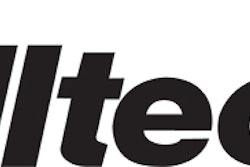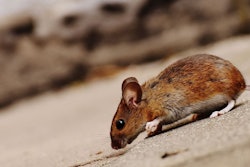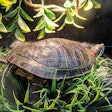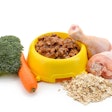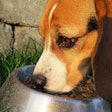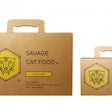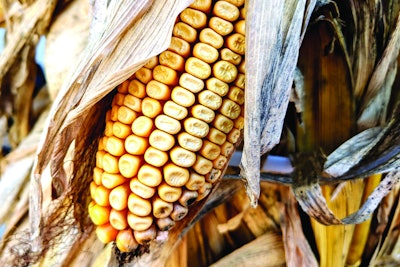
On December 30, 2020, Midwestern Pet Foods recalled several lots of Sportmix High Energy Dog Food after tests indicated excessive levels of aflatoxin, a mycotoxin that can contaminate corn. By January 11, 2021, more than 70 pets had tragically died after eating Sportmix, and the company expanded the recall to other corn-containing products manufactured in its Oklahoma plant. By January 25, the numbers had grown to 110+ pet deaths, 210+ sickened pets and 35 more countries. A class-action lawsuit has since been filed.
Midwestern, in business since 1926, had never had a reported pet food recall before this. The crisis offers cautions for all pet food manufacturers.
Mycotoxin risk in pet food ingredients
While we do not know Midwestern’s testing protocols or their implementation, all experts agree that regular testing of specific pet food ingredients for mycotoxins is a must. Corn is the usual suspect—Sunshine Mills also experienced a recall for excessive aflatoxin in corn in October 2020—but other ingredients can be susceptible, because multiple mycotoxins pose a threat. “Mycotoxins that occur most often in pet food and pet food ingredients include aflatoxins, ochratoxins and Fusarium mycotoxins,” wrote Kami Grandeen, sales manager North America for Alltech’s Companion Animal Business, in an October blog post. (I’ve heard some pet food professionals wondering recently if the risk for zearalenone, another mycotoxin, is increasing.)
Aflatoxins can contaminate corn, peanuts, cottonseed and tree nuts; ochratoxins can affect corn, wheat, oats and dried beans; and Fusarium mycotoxins can appear in corn, wheat, oats and barley, Grandeen explained. That list includes several pet food ingredients, so very few manufacturers are completely immune to mycotoxin risk.
“While grains are most commonly associated with mycotoxins, grain-free diets can also contain them,” she added. “Nuts, fruits, legumes, sweet potatoes, rice and other common pet food ingredients can contain mycotoxins. Mycotoxin contamination risk is dependent on weather conditions, harvest, storage and transport. The only way to know the risk is to test and evaluate each ingredient.”
Rippling through the pet food industry
Events like mycotoxin recalls can have a ripple effect, including for manufacturers with low risk. Retailers and e-commerce sites must quickly order from other companies to replace the recalled pet foods; and even large pet food manufacturers may have to scramble to ramp up production rapidly, not to mention find supplies of necessary—and safe—ingredients in significant quantities.



